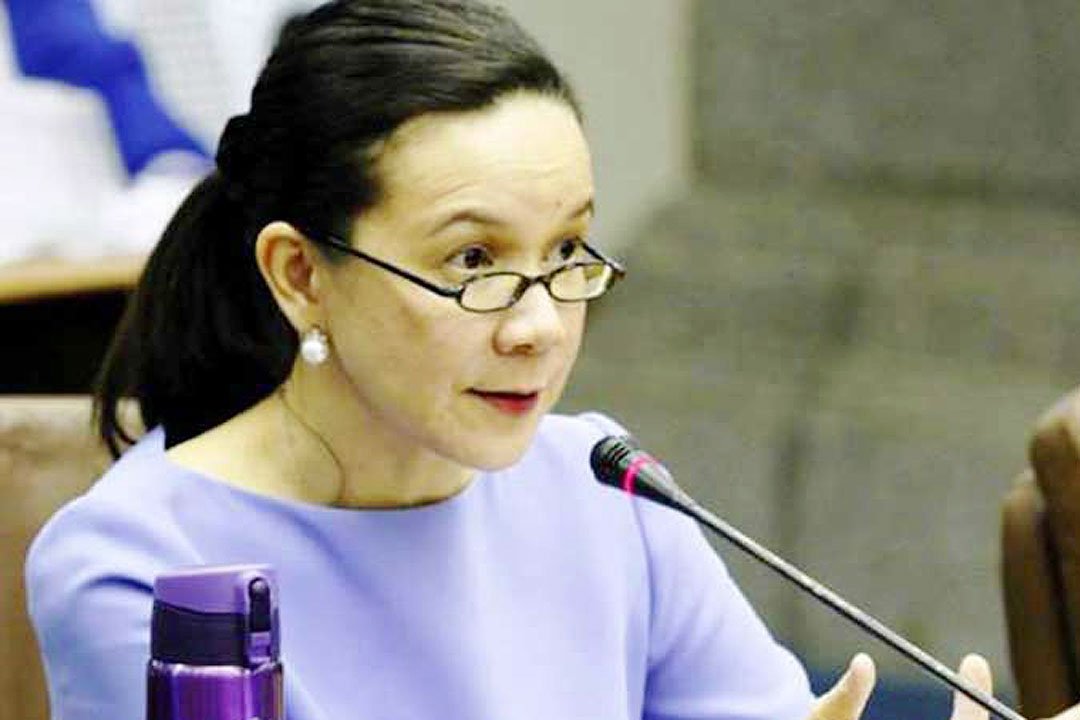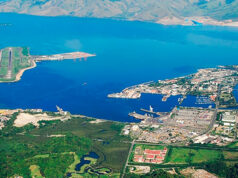Government told to seek deals outside China

By John Victor D. Ordoñez, Reporter
THE PHILIPPINE government should seek out development assistance agreements with other countries for infrastructure and railway projects after the Department of Finance (DoF) retracted its request for an assistance deal with China, a senator said on Thursday.
“It’s time to explore official development assistance (ODA) deals from other countries and seek available funding options from multilateral institutions and international assistance agencies that can deliver the goods,” Senator Mary Grace S. Poe-Llamanzares said in a statement.
She said these deals should also tap private sector players to help boost infrastructure development in the Philippines.
In a letter to China Ambassador to the Philippines Huang Xilian that was made public on Wednesday, Finance Secretary Benjamin E. Diokno said the Philippines is “no longer inclined to pursue” China’s financial assistance for the Mindanao Railway Project Phase 1, which will cost about P83 billion to build.
Transportation Secretary Jaime J. Bautista told reporters the same day that the government would likely merge state resources and private funds to finish building the Mindanao railway.
Ms. Poe-Llamanzares said the Philippines’ pull-out from the deal should not derail the implementation of existing infrastructure projects.
She noted that Chinese banks had also delayed loan applications intended for government projects over the past few years.
“While appearing attractive, the loans are not exactly that benevolent as they come with hefty interest rates and other strings that could be detrimental to the country in the long term,” said the senator.
For his part, Senator Sherwin T. Gatchalian said China ODAs are historically more expensive to pursue and cited the need to study the feasibility of these projects funded through loans.
“In other words, the feasibility of these projects will also be affected, and we’ll be paying for this,” he said in a televised interview Thursday morning.
“We have to remember ODAs are still considered loans even though they are concessionary in nature, but they’re still considered loans and the taxpayers will pay for it,” he said.
Meanwhile, the Embassy of Japan in the Philippines said Japan would commit to more investments and assistance grants to Philippine infrastructure projects.
“As we forge commitments in our priority industries, we want to assure you (Manila) that Japan will continue to invest in big-ticket projects to help shape a thriving future for our fellow Filipinos and for our investors,” Japanese Ambassador to the Philippines Kazuhiko Koshikawa said at the 49th Philippine Business Conference at the Manila Hotel also on Thursday.
Japan is the Philippines’ top infrastructural donor and supporter.
The Philippines got P109 billion in ODAs from Japan from April 2021 to March 2022, the biggest among Southeast Asian beneficiaries, the Japan International Cooperation Agency said in January.



